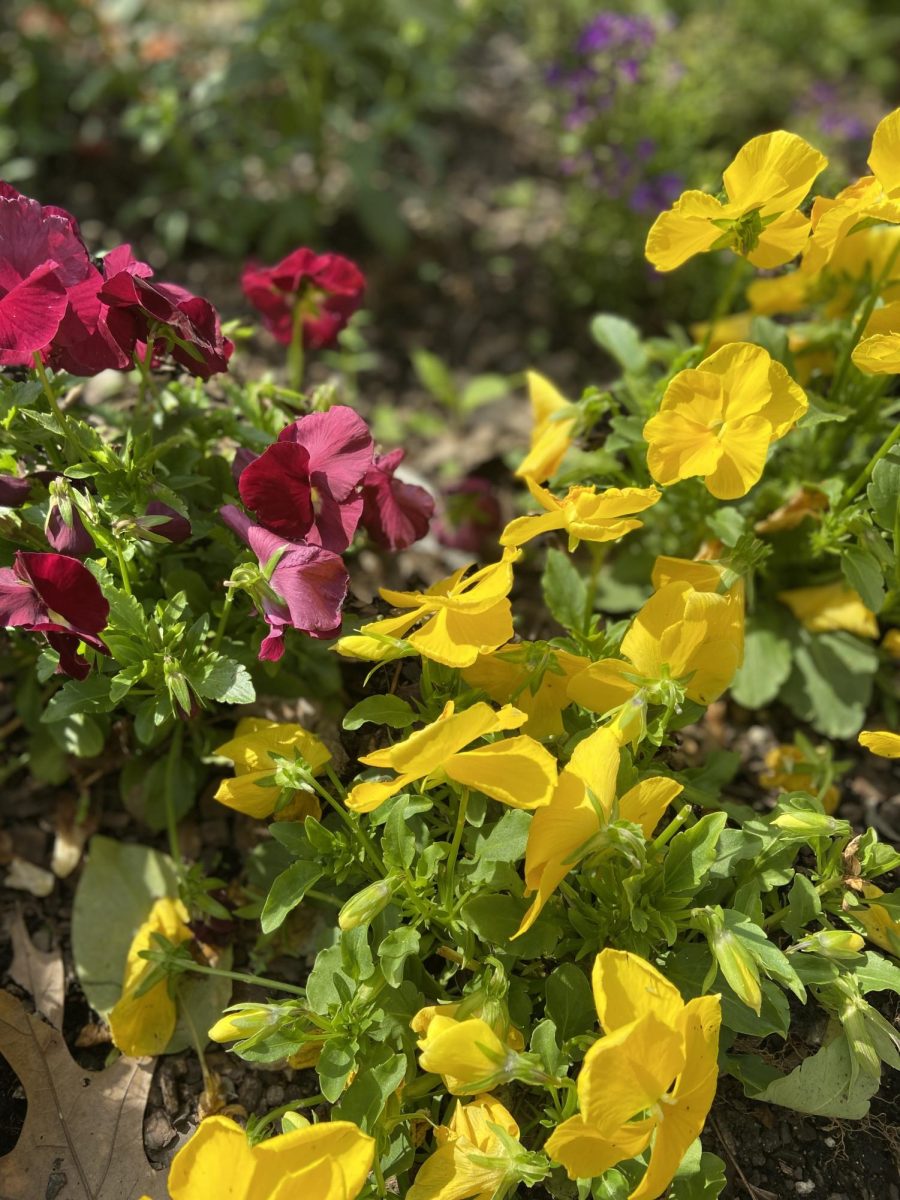No matter the occasion, whether it is Valentine’s Day or even a mundane day, flowers are an ageless and charming gift to pleasantly surprise someone special. Flower language, an unspoken yet poetic way to communicate, has been used for centuries to share silent messages that seem too difficult to speak out loud. Floriography, the language of flowers, gives each blossom a different meaning and a different sentiment to express. From bad luck to good luck, hate to love, fear to hope, sorrow to joy, grief to rebirth, flowers are able to convey all kinds of messages.
Roses:
One flower that has held a significant place in the language of flowers is the rose. As the most popular flower, gifting roses is a romantic and timeless gesture commonly used to express love and affection. But, depending on the color of its petals, roses can express so much more. The white rose, for instance, represents innocence and loyalty, while the yellow rose represents friendship and strength. Similarly, the number of roses given also changes their meaning. While three roses can be a nice way to say “I love you,” fifteen roses are used to express remorse and apologize.
Carnations:
Carnations are a classic flower included in almost every basic bouquet and have a wide variety of colors—white, pink, red, orange, yellow, and purple. Being the official flower of Mother’s Day, white carnations are most often used to show a mother’s love. Pink carnations, however, express gratitude towards whom you are gifting them to and are a sweet way to say thanks. In contrast, a yellow carnation can be used to show disappointment and rejection.
Daffodils:
As winter comes to a close, the first of the spring flowers start to sprout and bloom. Emerging from melting winter snow and wilting once autumn leaves stop falling, daffodils symbolize resilience and rebirth. Because daffodils’ meanings are tied to when they grow, the different flower colors don’t change their meaning. Daffodils are a comforting gift to give a nervous friend who is starting a new job or moving to a new place.








